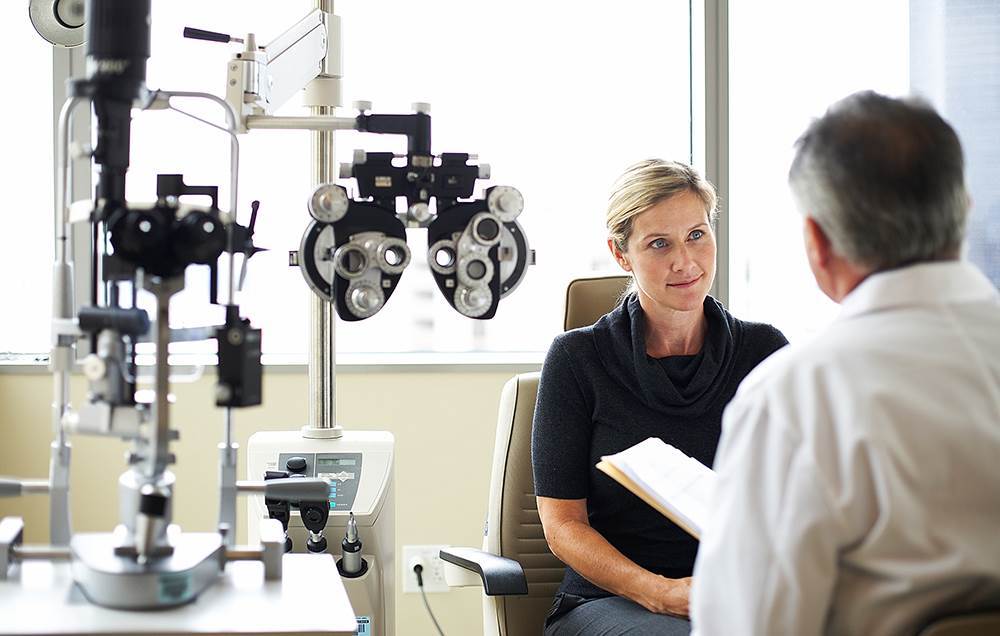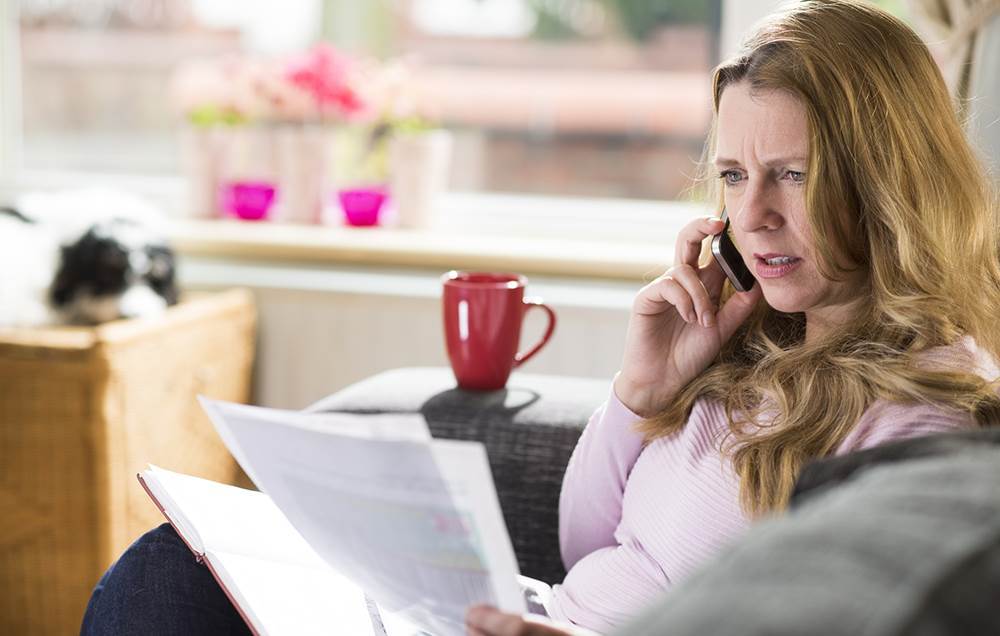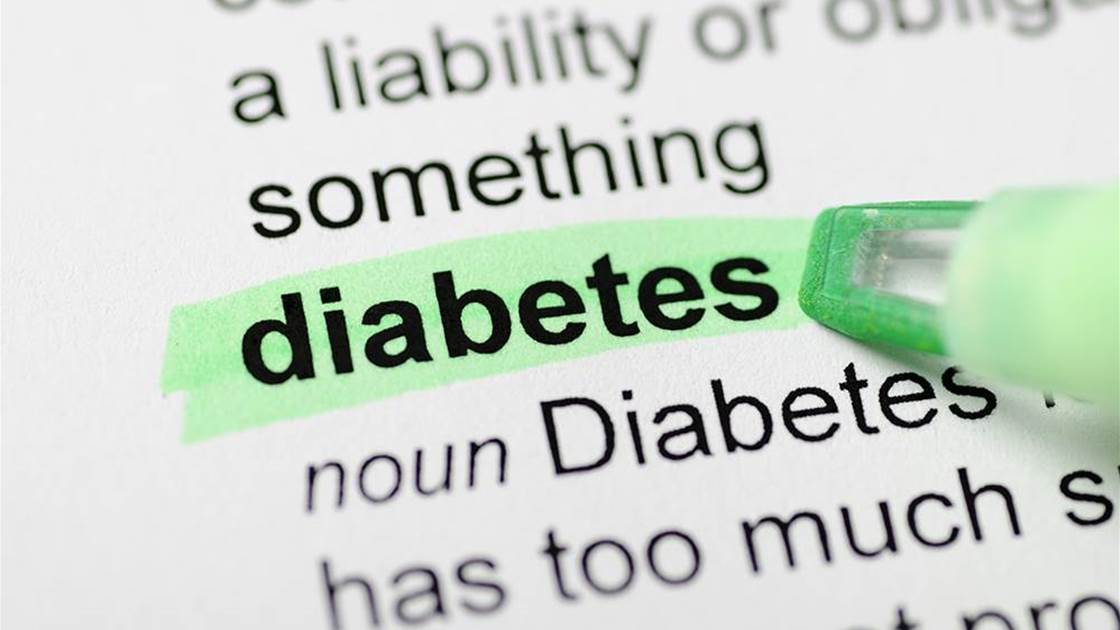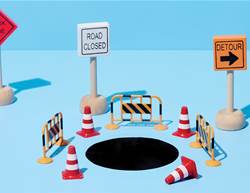Foggy thinking, fatigue, and excessive hunger are all red flags.
“There are millions of people with type-2 diabetes who are undiagnosed,” says Dr Kristi Silver. How could this be? “More often than not, during the early stages people have no symptoms at all,” she says.
While many people are asymptomatic, Silver says there are plenty of undiagnosed diabetes patients who do have symptoms, but just aren’t aware that diabetes is the cause. “People who have family members with diabetes are more in tune with the symptoms, and so they tend to get diagnosed sooner,” she says.
That’s a big deal because early diagnoses can help prevent the disease from inflicting permanent damage such as kidney or nerve damage. If you’re overweight or obese, or have a family history of diabetes, it’s worth asking your doctor if a test for diabetes is appropriate.
That’s doubly true if you’re middle-aged or older. The fall in oestrogen levels associated with menopause can make it difficult for a woman’s body to maintain healthy blood sugar levels, which can increase her risk for diabetes, says Leanne Redman, PhD, an associate professor of endocrinology and women’s health.
Even if you don’t have any of the age, weight or genetic risk factors for diabetes, there are still warning signs that are worth mentioning to your doctor. Watch for these eight common symptoms of diabetes in women:








Photograph by Getty Images
You’ve been getting UTIs more regularly.
If you’ve always been prone to UTIs or other vaginal infections, don’t freak. But if you’ve noticed an uptick, that may be a sign of underlying diabetes, says Dr Daniel Hsia. “High blood sugar levels create an environment that makes these infections more likely,” Hsia explains. In particular, watch out for yeast infections, he says. Yeast feeds on sugar, so they tend to thrive when blood-sugar levels are elevated.Photograph by Getty Images
You’re constantly parched.
“People with diabetes often describe being very thirsty,” Silver says. When your blood sugar levels are high, the amount of sodium in your blood tends to drop. Sodium helps your body hold onto water, so a drop in blood sodium can increase thirst, research shows. Drinking water will resolve the issue temporarily. But if you feel like you’re much thirstier than you used to be (even though you’re drinking the same amount of water) that’s a warning sign.Photograph by Getty Images
You think you need new glasses.
“Blood glucose can get into the lens of the eye and distort vision,” Silver says. “People have blurry vision and think they need glasses—or need new glasses—but when their blood sugar goes down, the blurry vision goes away.” Carbohydrate-loaded foods like fruit and bread tend to elevate blood sugar among diabetics. If you notice your vision gets funky after eating those foods, that’s another red flag.
Photograph by Getty Images
You’re peeing all the time.
This one goes hand in hand with feeling dehydrated, Silver says. As elevated blood sugar causes a drop in blood sodium, your body will struggle to stay hydrated even if you’re drinking tons of H20. Rather than retain that water, you end up peeing much of it out, she explains.Photograph by Getty Images
Your thinking is foggy.
Dehydration can lead to muddled thinking or confusion, Silver says. So that alone could explain the links between diabetes and foggy thinking. But a recent study from Harvard Medical School shows elevated blood sugar can also make the vessels in your brain less pliant, which reduces oxygen to the brain, promotes inflammation, and can lead to cloudy thinking.
Photograph by Getty Images
You feel tired all the time.
Again, this could be attributed solely to your inadequate hydration levels. But big swings in blood sugar among diabetics could also explain this fatigue, according to a 2011 study. The study also found sleep-related issues like restless-leg syndrome tended to be higher among diabetics, and could explain why folks with diabetes often report feeling wiped out.Photograph by Getty Images
Your appetite is out of control.
Diabetes limits your body’s ability to properly move sugar out of your blood stream and into your cells, where the sugar is stored and used for energy. Because your body isn’t getting enough of that energy, diabetes patients can experience “polyphagia,” which is a kind of all-the-time hunger, shows research in the journal Diabetes Care.
Photograph by Getty Images










